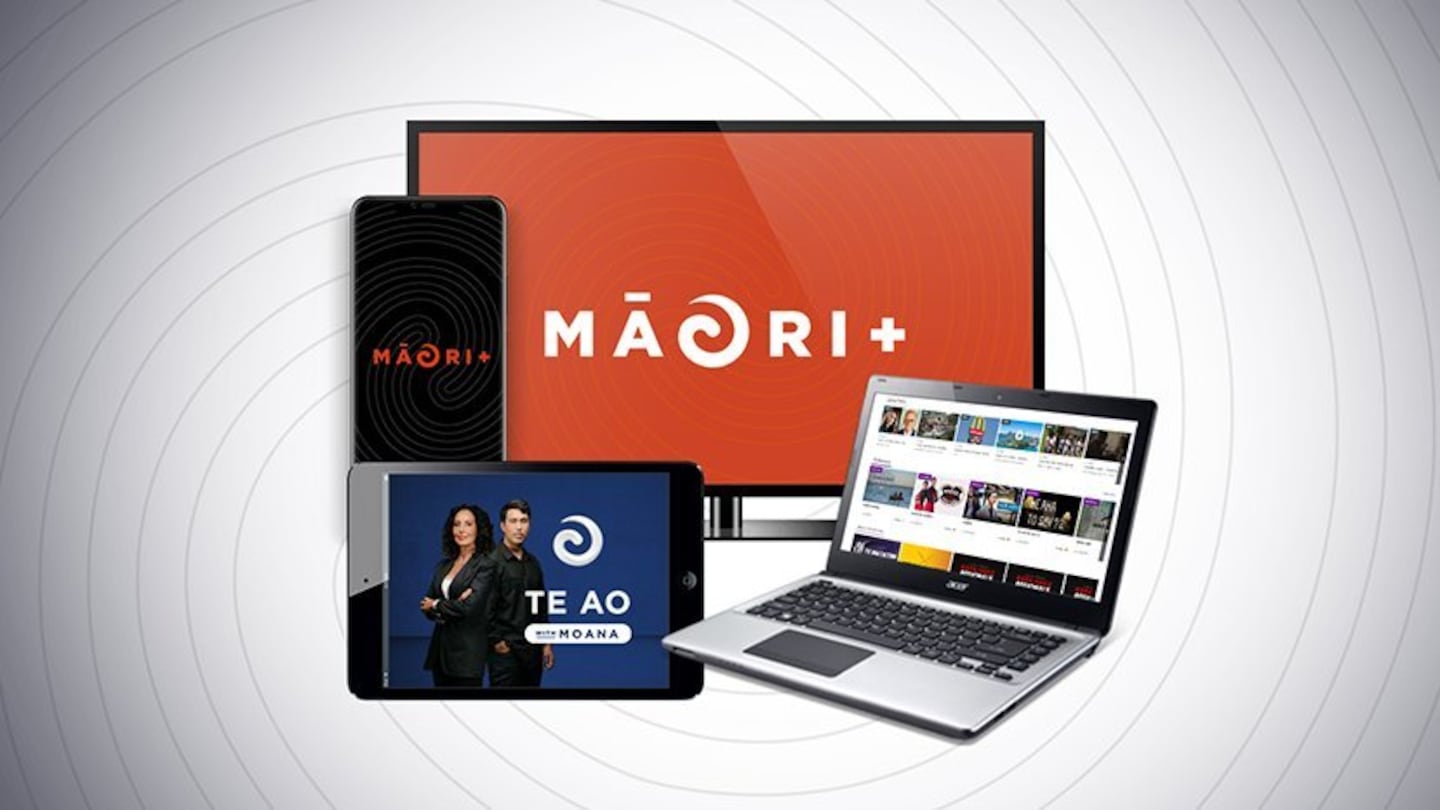Where does the promotion of the Māori language sit in Māori multi-media?
That was the question today following the official name change of Māori Television to Whakaata Māori.
Whakaata Māori, which means "to mirror", "to reflect" or "to display" will be the official name, reflecting the network’s growth into a multi-media organisation.
Māori Television was created as a result of the Māori Language Act and is therefore tasked with meeting the government's goals for te reo.
Tātere Mcleod says while Whakaata Māori started in 2004, the fight for acknowledgment of the language began generations before the establishment of the public broadcaster.
"Those who fought in the 1970s started the revitalisation of the language. So my generation and the generation before me were the lucky ones."
But while Māori broadcasting is going from strength to strength, the stability of Māori language broadcasting is unclear.
Subscribe to the new Te Ao Māori News on YouTube
Māori stories in English
Māori Development Minister Willie Jackson says while the language is important, the telling of Māori stories is of more importance.
"Maori broadcasting in English. If we have to go down that track, then we will."
"I say a one-hour story about Reikura Morgan and her whānau in English is much more important than a one-hour documentary in the reo about Donald Duck."
Te Wānanga o Awanuiārangi chief executive Willie Doherty agrees that the Māori world needs to be promoted.
"We must promote everything Māori. The language, the customs, the world, our beauty that's not seen beyond our world."
But Doherty says that if te reo Māori isn't given precedence on Whakaata Māori's platforms, then where?
"For a long time, we've said that, about te reo Māori, if there's no home for it, it becomes difficult for our kids to learn our language."




